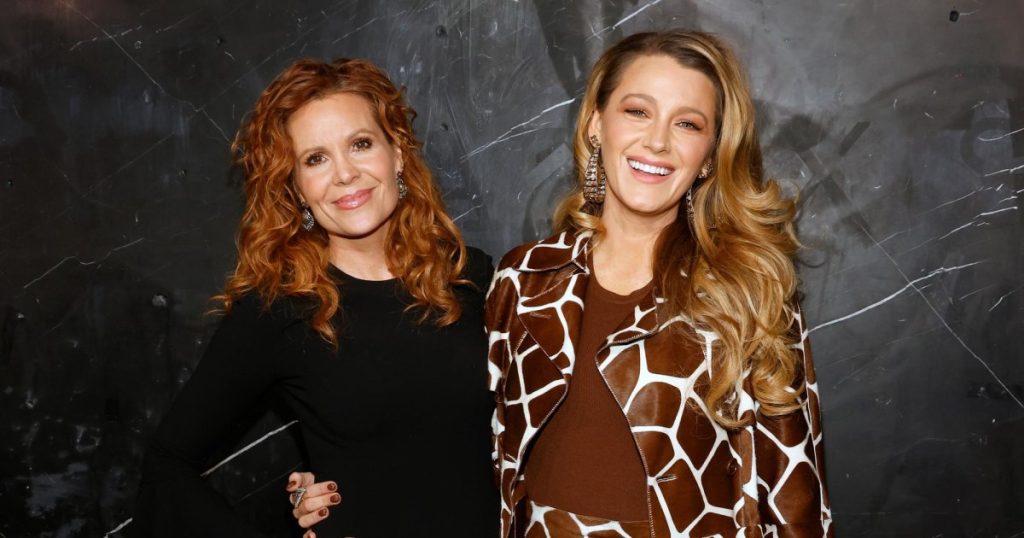The entertainment world was recently rocked by allegations of sexual harassment and career sabotage made by actress Blake Lively against director Justin Baldoni, stemming from their collaboration on the film adaptation of Colleen Hoover’s bestselling novel, “It Ends With Us.” Lively, who also served as an executive producer on the film, filed a lawsuit detailing Baldoni’s alleged creation of a hostile work environment, claiming he engaged in social manipulation tactics aimed at damaging her reputation. This legal action ignited a public back-and-forth, with Baldoni vehemently denying the accusations and Lively firmly standing her ground. The controversy shed light on rumored behind-the-scenes tensions that had previously circulated, painting a picture of conflicting creative visions and a divided production team.
Lively’s sister, actress Robyn Lively, publicly voiced her support, sharing news of the lawsuit on social media and urging her followers to read the coverage. This public display of solidarity amplified the already significant media attention surrounding the case, highlighting the deeply personal nature of the allegations and their impact on Lively’s family. Robyn’s involvement further underscored the seriousness of the accusations, adding another layer of complexity to an already intricate narrative.
Baldoni’s attorney, Bryan Freedman, countered Lively’s claims, characterizing them as “completely false, outrageous, and intentionally salacious.” He further alleged that Lively herself engaged in disruptive behavior on set, including making demands and threats related to her appearance and promotion of the film. This counter-narrative portrayed Lively as the instigator of the conflict, suggesting her lawsuit was a strategic maneuver to repair her image and deflect blame for any production difficulties. Freedman’s response effectively framed the situation as a “he-said, she-said” scenario, raising questions about the veracity of both parties’ claims.
Lively issued a swift rebuttal to Freedman’s statements, reiterating her commitment to holding those accountable for misconduct and emphasizing her hope that the legal action would protect others from similar experiences. She denied Freedman’s portrayal of her actions, maintaining her stance that Baldoni’s behavior was the root of the problems on set. This back-and-forth exchange deepened the public divide, with supporters rallying behind both Lively and Baldoni. The conflicting narratives highlighted the difficulty of discerning the truth in such complex situations, further fueling the ongoing debate.
Prior to the film’s release, rumors of a feud between Lively and Baldoni had already begun to surface, with reports suggesting a clash of creative visions and a strained working relationship. Sources claimed the set was divided into two camps, further illustrating the alleged tension between the star and director. This pre-existing speculation added context to Lively’s subsequent legal action, providing a backdrop against which her allegations could be interpreted. The rumors also suggested a potentially toxic work environment, raising questions about the overall atmosphere on the film’s set.
Brandon Sklenar, a co-star in “It Ends With Us,” offered a unique perspective on the controversy, urging the public to focus on the film’s message of love and awareness rather than engaging in online negativity. While not directly addressing the specific allegations, his statement seemed to subtly criticize the public’s eagerness to villainize Lively, emphasizing the importance of considering the potential harm caused by spreading unsubstantiated rumors. Sklenar’s intervention highlighted the broader social implications of such high-profile disputes, reminding audiences of the potential for online negativity to overshadow important messages and harm individuals involved. His call for a more nuanced and empathetic approach resonated with many, adding another layer of complexity to an already multifaceted controversy.

